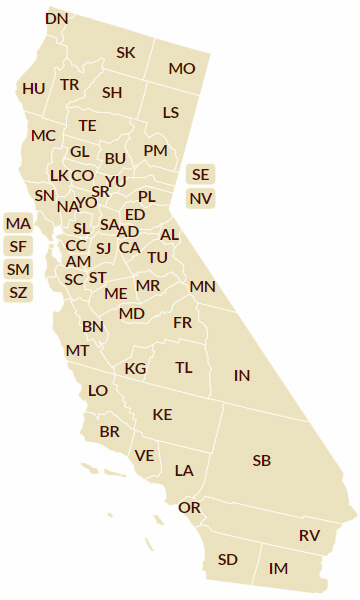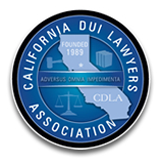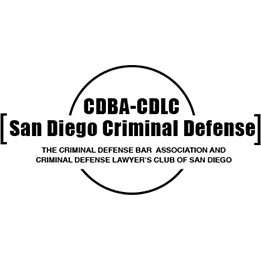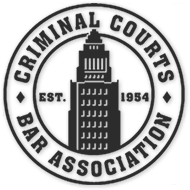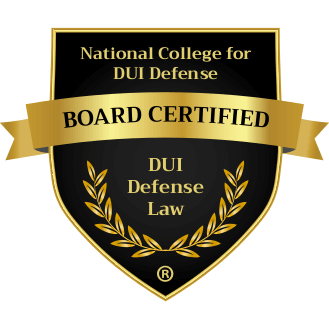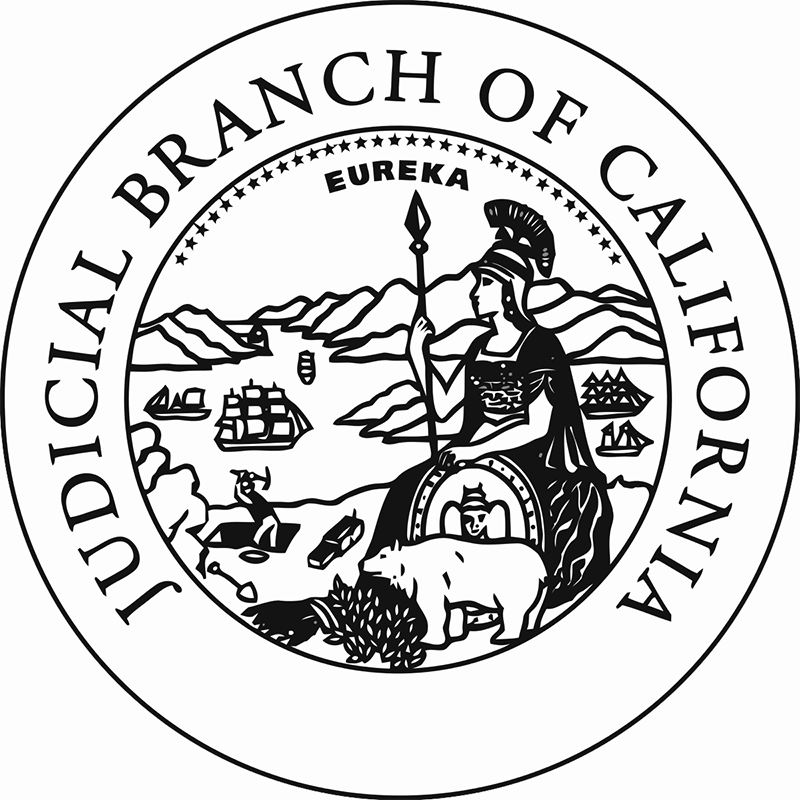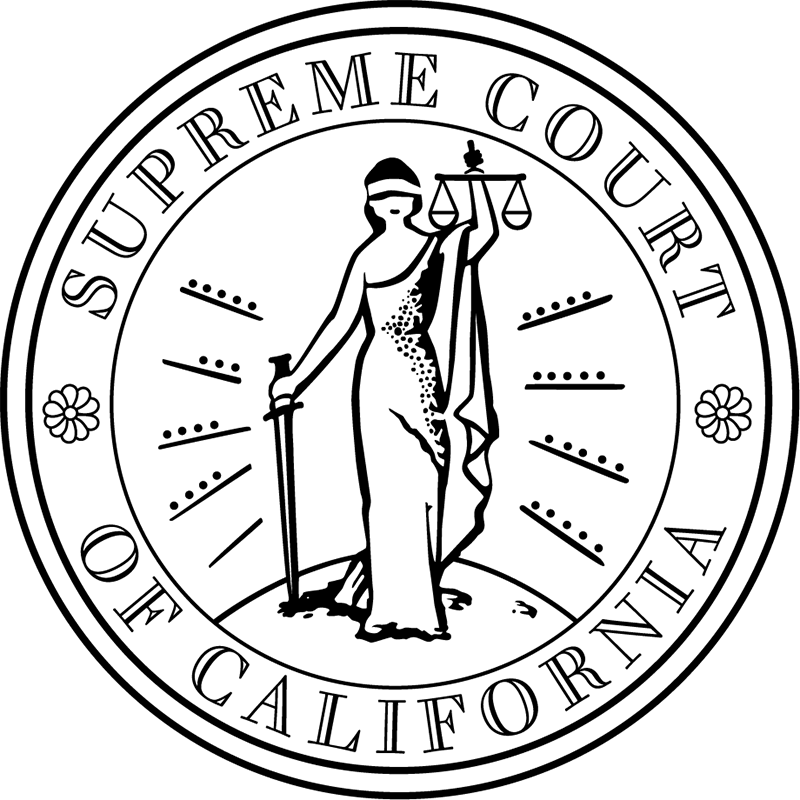At Lawyer Legion, we created this information center for topics related to criminal defense in the State of California.
To practice criminal defense in California, the attorney should understand every part of a criminal case from the initial investigation and arrest through the preliminary hearings, pretrial procedures, trial preparation, trial, sentencing, and post-trial remedies.
After law school, most criminal justice attorneys begin their practice by working for the local, state or federal government as a prosecutor or a public defender. Some attorneys start their careers in the private sector working for an experienced criminal defense attorney.
Criminal defense attorneys learn more about the practice of law by joining specialty bar associations and other types of non-profit legal organizations focused on their specialty practice area. Attorneys also attend continuing legal education (CLE) seminars on criminal defense topics.
At the height of their career, criminal defense attorneys might begin the process to become board certified by the California Board of Legal Specialization.
Section 15 of the California Penal Code defines a "crime" as "an act committed or omitted in violation of a law forbidding or commanding it, and to which is annexed, upon conviction, either of the following punishments: 1. Death; 2. Imprisonment; 3. Fine; 4. Removal from office; or, 5. Disqualification to hold and enjoy any office of honor, trust, or profit in this State."
Under California law, the three categories of crime are distinguished by the severity of the statutory maximum penalty that can be imposed including an infraction, misdemeanor, or felony.


